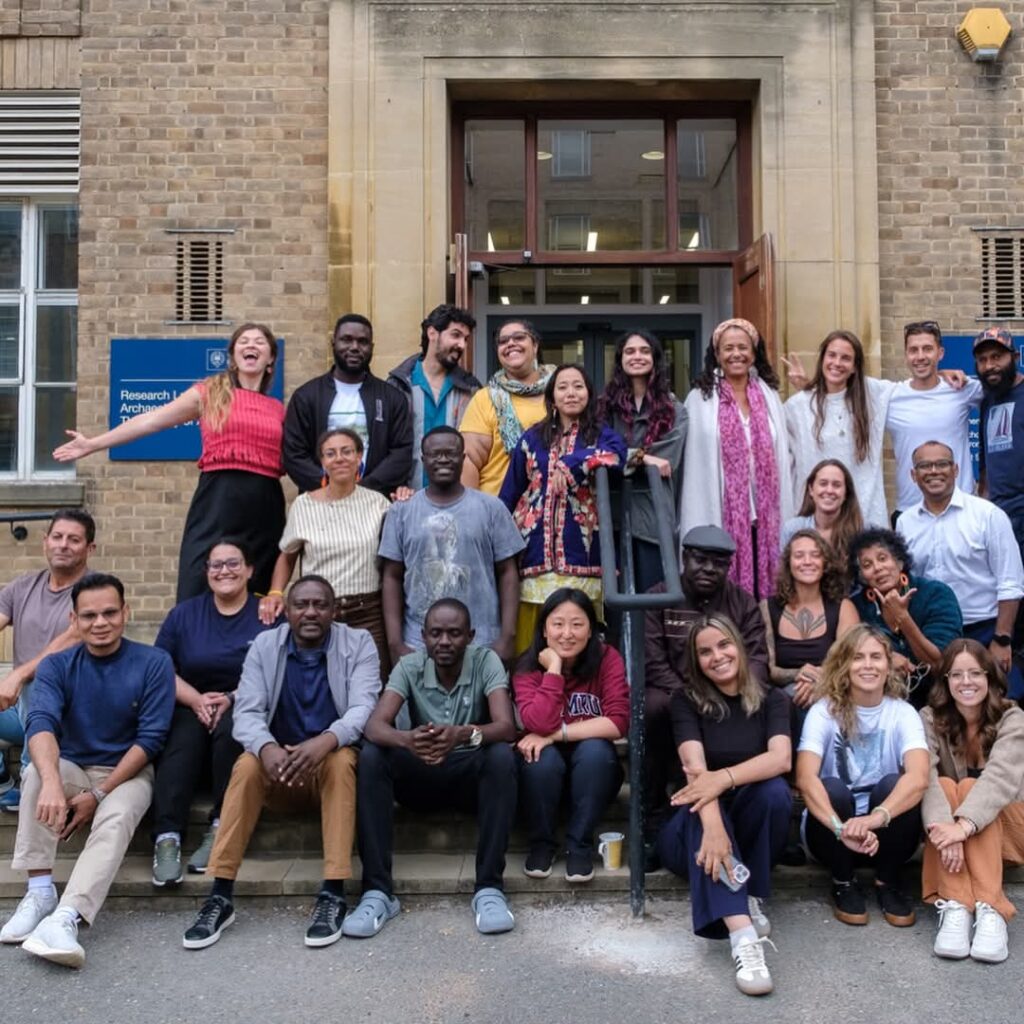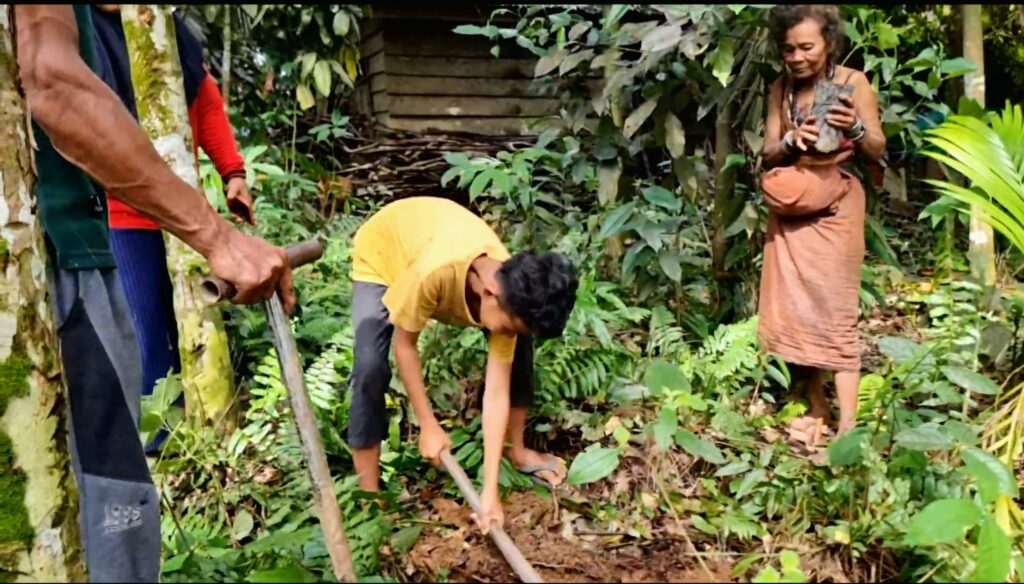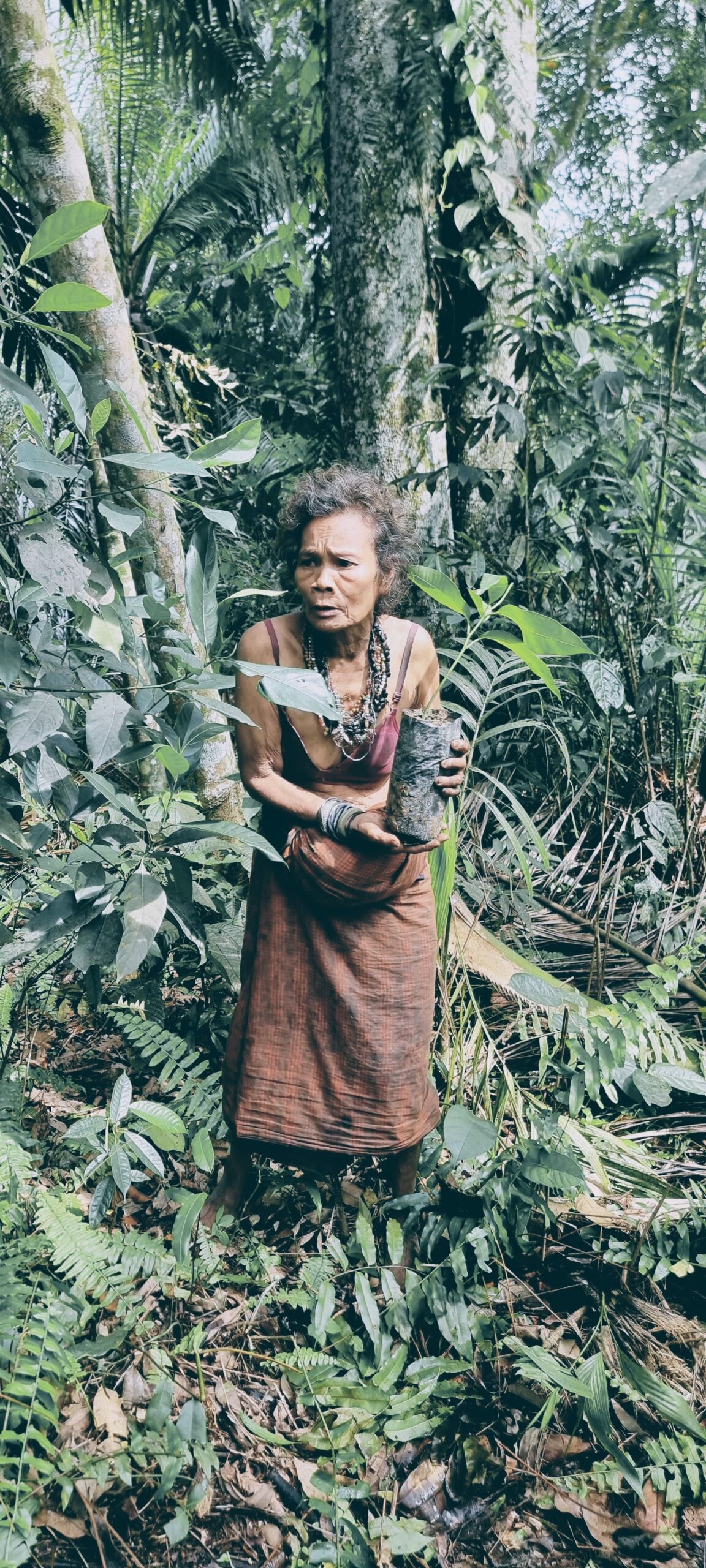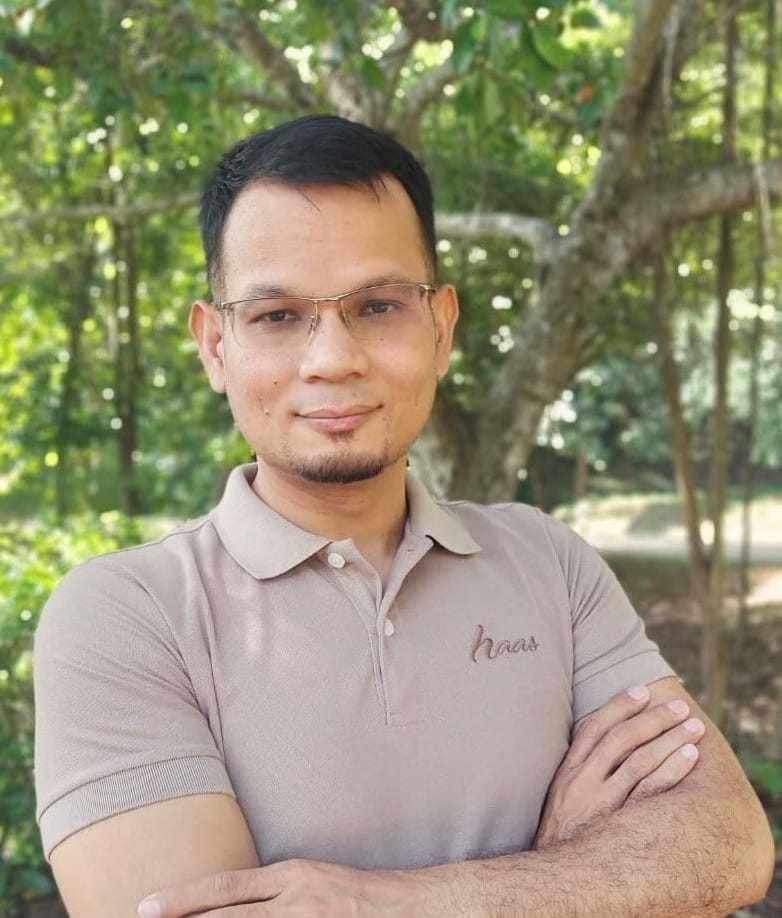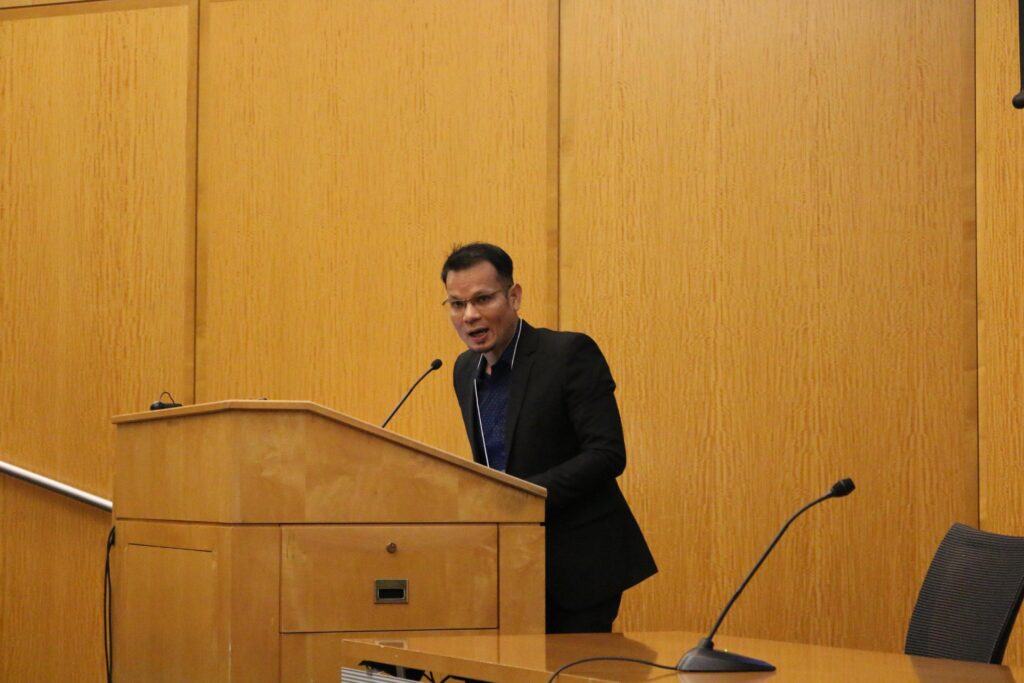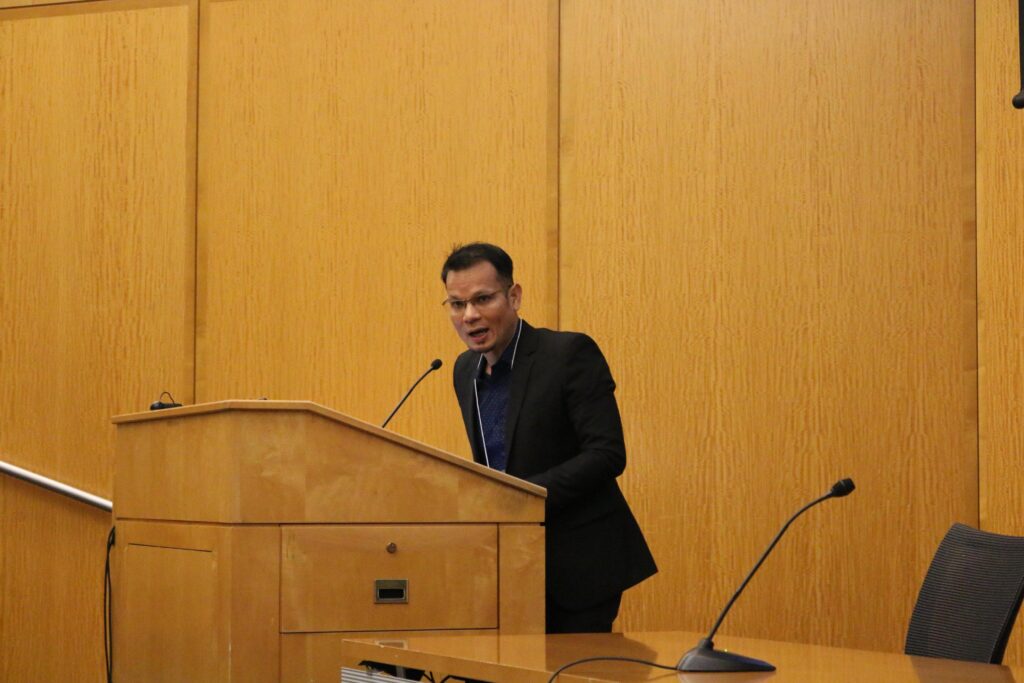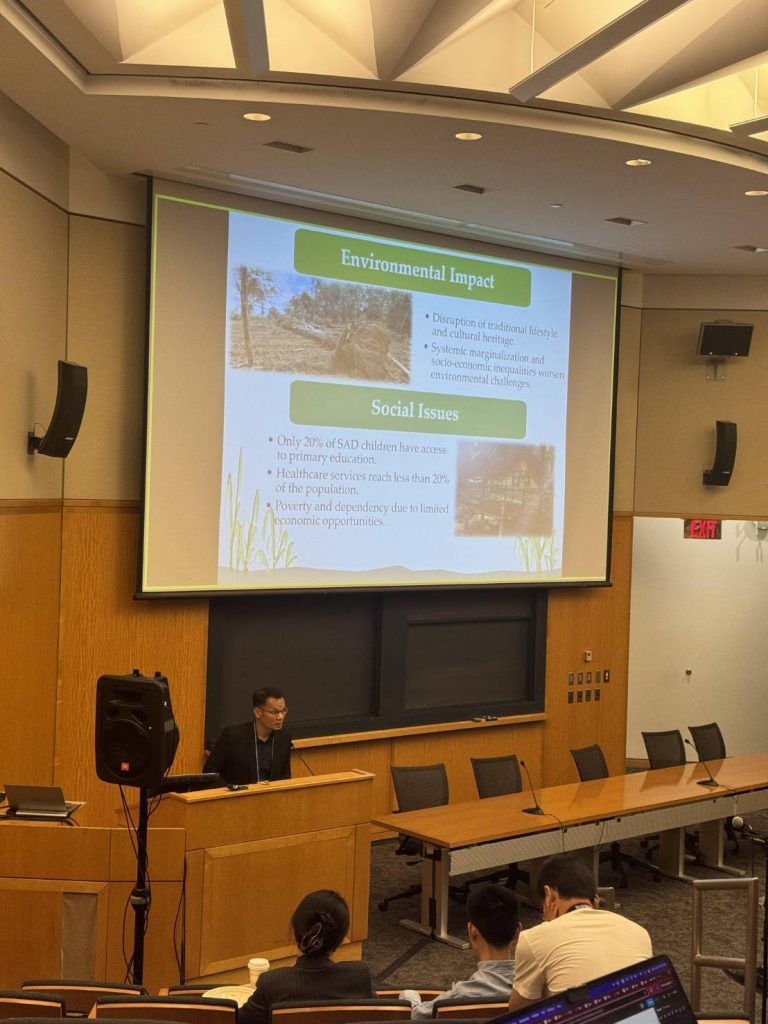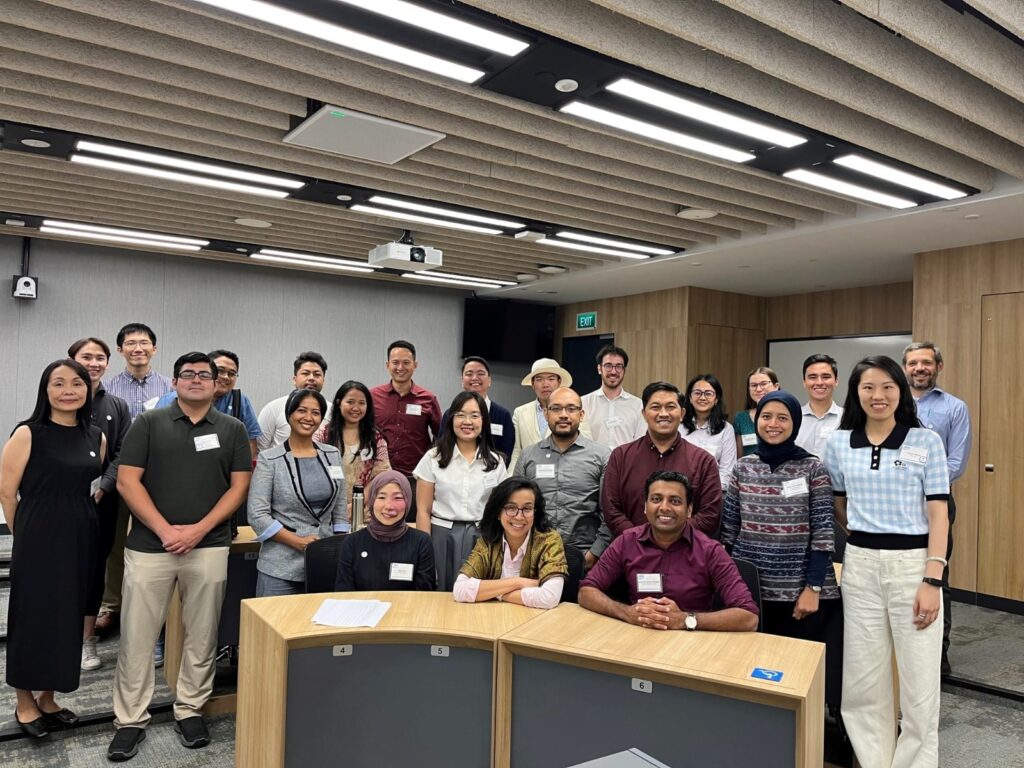A 2018 report by the IWGIA revealed that nearly 47% of Indigenous communities are facing escalating conflicts linked to mining and logging operations. This situation underscores the urgent need for sustainable policies that honour indigenous traditions. In fact, a 2019 survey by the UNPFII found that 62% of indigenous groups feel that current policies are falling short of protecting their interests. Even though there have been some improvements, many challenges remain. For example, a 2020 study by the UNDP reported that 55% of indigenous communities continue to struggle with issues like geographical isolation and inadequate legal access. These obstacles hinder effective land claims and legal recognition, as World Bank data from 2019 show that 38% of indigenous territories have suffered displacement due to inadequate legal protections.
A major concern is the destruction of indigenous lands from extractive activities, with Global Forest Watch (2020) data indicating a 30% reduction in forest cover in some indigenous regions. Such activities have led to pollution, resource depletion, and deforestation—with the FAO (2018) reporting that 25% of indigenous lands now exhibit severe environmental degradation linked to mining and logging. Additionally, large-scale agricultural industries have compounded these issues; a 2017 report by the WRI documented that palm oil expansion has resulted in a 20% forest cover loss and displaced about 15% of local indigenous populations in affected areas. The encroachment on indigenous territories without proper consultation is also acute, as an ILO (2019) report found that 65% of land acquisitions in Southeast Asia occur without obtaining Free, Prior, and Informed Consent. Without adequate legal protection, a 2018 UNDP study revealed that only 35% of indigenous land claims have been formally recognized, leaving 65% of communities vulnerable to exploitation.
Integrating Indigenous wisdom into climate adaptation strategies offers promise—findings from Zougmoré et al. (2019) on Indigenous wisdom (knowledge and practices) indicate that areas using Indigenous wisdom can see up to a 28% improvement in adaptation outcomes. Indigenous communities have long relied on traditional knowledge for resource management; according to the CBD (2018), about 80% of these communities incorporate time-honoured practices to manage local ecosystems. These practices are especially vital in remote areas, where an ADB (2020) report shows that 60% of indigenous communities depend primarily on traditional systems because of limited government services. weADAPT in Indonesia launched a pilot project in 2018 that reached over 3,000 indigenous households—a 20% increase in community engagement compared to earlier initiatives. One such initiative, the School of Climate and Living Tradition established in 2019, trained more than 1,500 indigenous farmers and achieved an 18% improvement in reported crop resilience.
Picture: An elderly woman (Induk) of Indigenous Suku Anak Dalam during re-grow activity conducted by DEEP En-Gender in Jambi. Taken by Sandra Tri Febiani (fieldwork assistant), Dec 2023
However, threats to indigenous food sovereignty continue to rise—FAO surveys from 2020 indicate that 47% of indigenous communities have experienced a decline in traditional food sources over the past decade. Traditional farming systems, including rotational agriculture, are increasingly restricted, with data from the IFPRI (2019) showing that 32% of such practices have been curtailed by modern agricultural policies. The expansion of commercial agriculture has further altered land use; a 2023 study in the One Earth reported a 25% expansion of commercial farms in indigenous areas, impacting 40% of these regions. Moreover, the enforcement of intellectual property laws on agricultural products has limited seed sharing—findings from the ISF (2017) indicate that 30% of indigenous farmers have faced restrictions on seed exchange. Following the ratification of trade-related agreements, IFPRI (2019) observed a 15% reduction in seed diversity among indigenous populations, undermining the maintenance of traditional agricultural practices.
Conservation efforts, though well-intended, have sometimes excluded indigenous voices; Conservation International (2018) found that 55% of conservation projects in Southeast Asia did not involve indigenous stakeholders adequately, correlating with a 22% decline in local biodiversity. Governments and international organizations must ensure that conservation policies do not compromise indigenous rights—UNEP (2019) policy briefs show that 68% of indigenous leaders feel current conservation practices undermine their rights. Instead, indigenous-led conservation approaches, which integrate traditional ecological knowledge, have been shown to boost biodiversity by 15% compared to state-managed reserves, according to Zougmoré et al. (2019).
To uphold indigenous rights and promote sustainable resource governance, a 2019 UNPFII report revealed that 70% of indigenous representatives call for stronger legal frameworks. Legal frameworks should recognize indigenous land claims and customary laws—even though the UNDRIP (2021) has been endorsed by 144 countries, UNDP (2018) notes that only about 40% of Southeast Asian nations have fully implemented its guidelines. Extractive industries must engage in transparent consultations by following FPIC protocols; however, a 2022 report from the IIED found that only 38% of projects in the region adhere to these standards.
Climate adaptation strategies that incorporate Indigenous wisdom have proven effective—a 2022 ADB report shows that such integration leads to a 27% higher rate of successful adaptation. Furthermore, the IUCN (2021) reports that inclusive conservation approaches increase project success rates by 22% when indigenous knowledge is respected.
Addressing these multifaceted challenges requires collaboration between governments, corporations, environmental organizations, and indigenous leaders; World Bank research (2020) indicates that multi-stakeholder collaboration can reduce conflicts in indigenous territories by 33%. Ensuring indigenous participation in decision-making processes is critical, as UN (2020) data show that such involvement boosts community resilience by 20%. In addition, strengthening legal mechanisms to hold corporations accountable for environmental harm has, according to Global Witness (2020), resulted in a 30% increase in accountability measures in regions where such frameworks are enforced.
To achieve these goals, long-term strategies must be implemented; UNDP (2018) forecasts that comprehensive, sustained efforts could reduce indigenous land disputes by up to 35% over the next decade. Educational programs that empower indigenous youth in environmental stewardship have increased engagement by 40% in communities where they are active, as reported by UNESCO (2020). Capacity-building initiatives have also yielded positive results, with the IISD (2022) documenting a 22% improvement in indigenous self-governance metrics following targeted training programs. Strengthening alliances between indigenous movements and international human rights organizations can amplify indigenous voices, as Amnesty International (2021) observed a 30% boost in advocacy impact when such alliances are in place. Moving forward, comprehensive policy reforms and multi-stakeholder partnerships are essential—projections from the ADB (2022) suggest that these efforts could enhance indigenous rights outcomes by 28%. By recognizing the vital role indigenous communities play in environmental conservation, the WWF (2020) reports that indigenous-led initiatives contribute to an 18% greater ecological resilience compared to conventional conservation approaches.
Dr. Sadar Ginting
Dr. Ginting's interests are in food systems and nutrition security among vulnerable communities in emergency settings and Indigenous communities facing forest degradation. He holds a Bachelor's and Master’s degree in Public Health from the University of Sumatera Utara and a doctoral degree (Dr.PH) in Public Health from Naresuan University.


